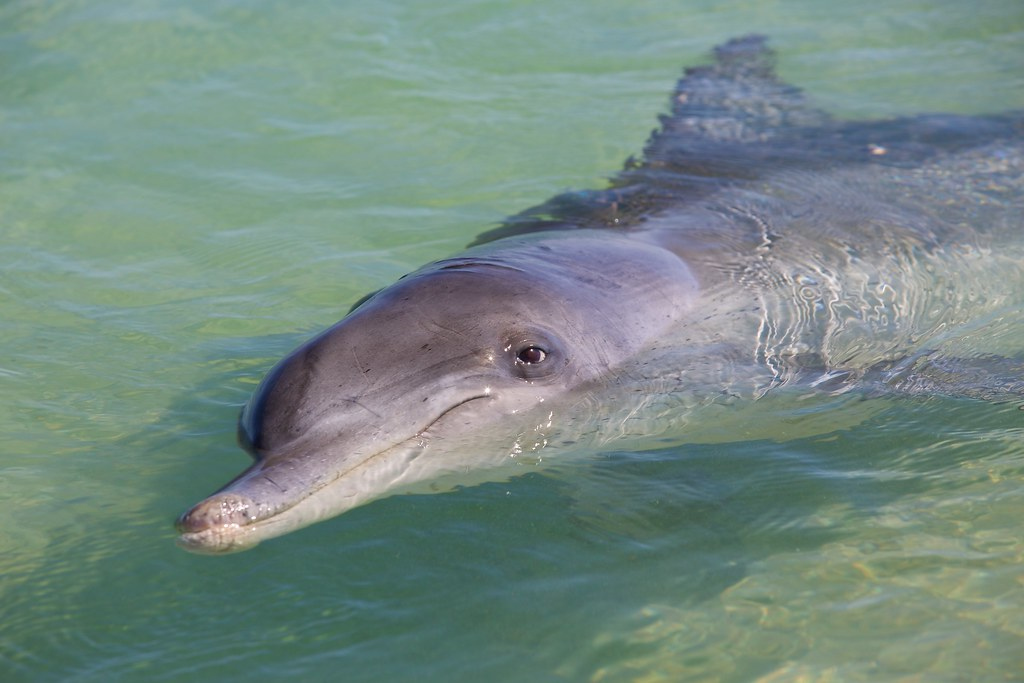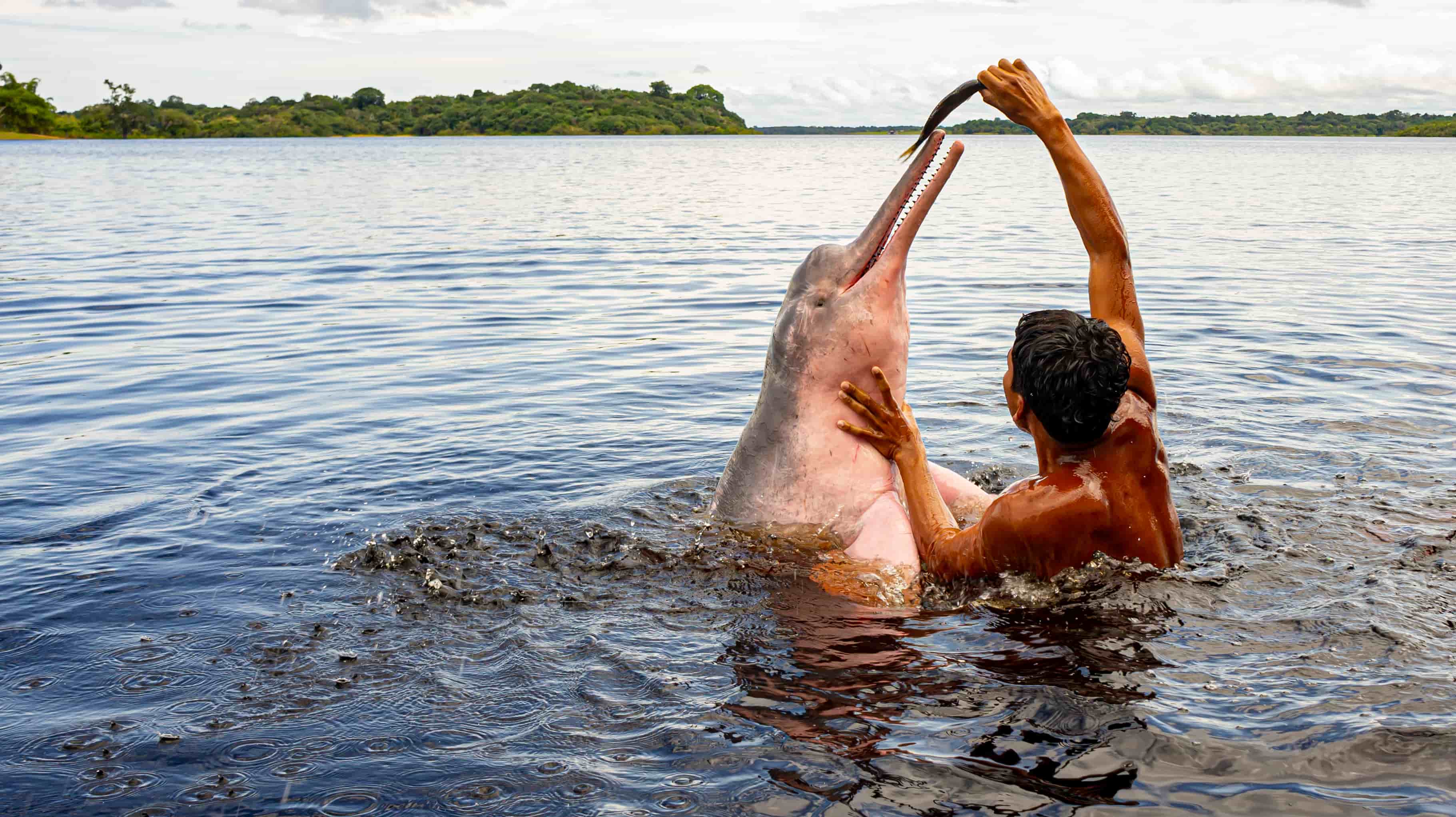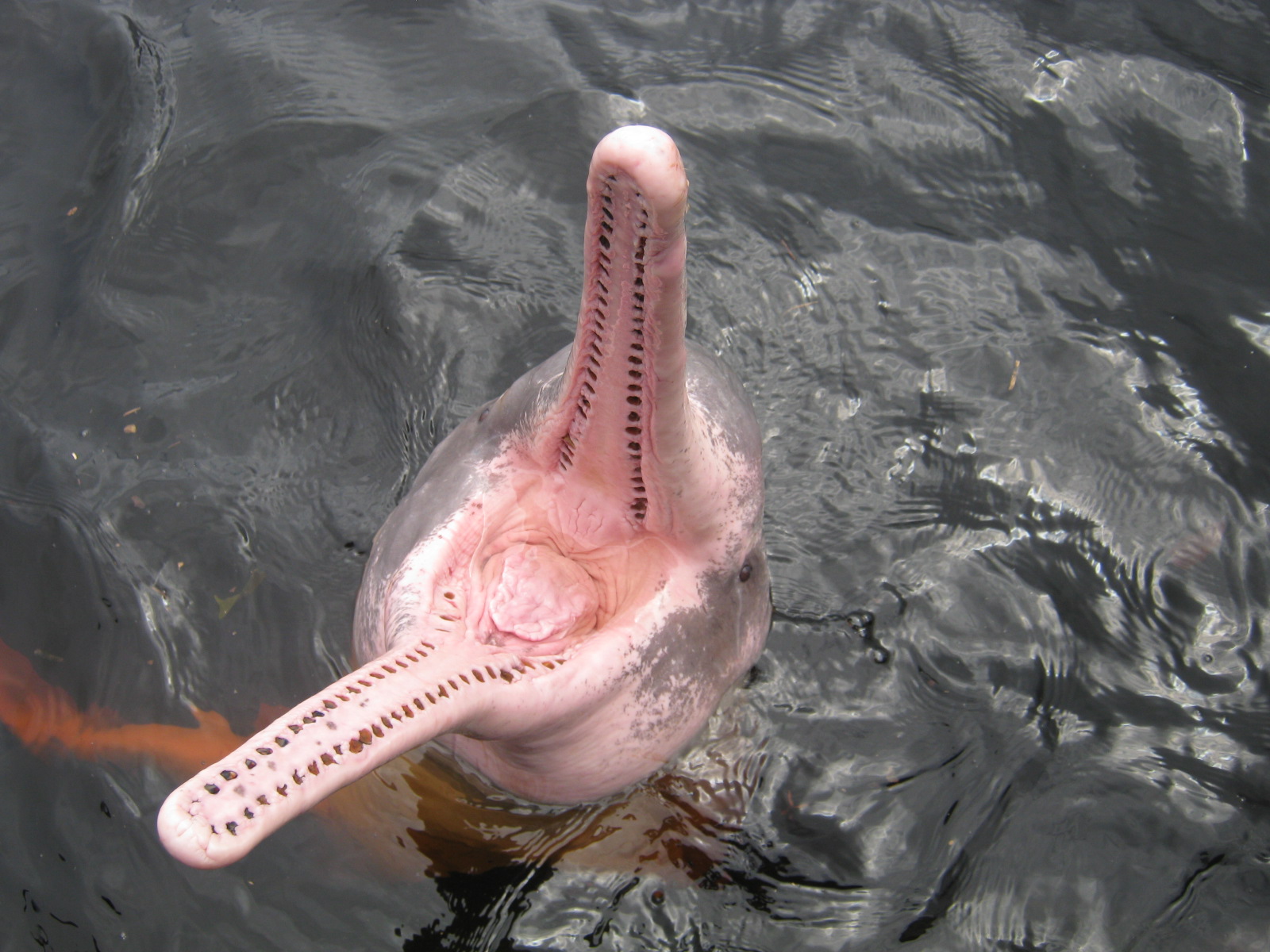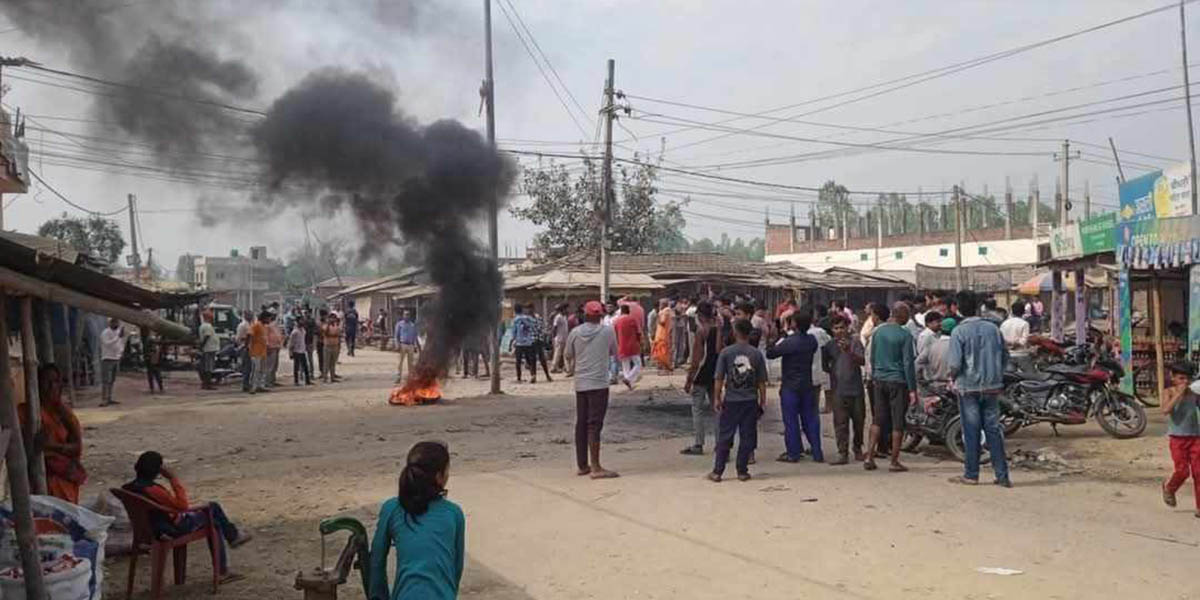Tragedy Strikes Amazon: More than 100 Dolphins Found Dead Amid Soaring Temperatures and Drought

In a devastating environmental crisis, the Amazon rainforest, known as the lungs of our planet, is facing a heart-wrenching tragedy. More than 100 dolphins have been found dead in Brazil, with fears of additional casualties looming large. Local authorities, grappling with the magnitude of the crisis, have declared a state of emergency. This alarming event unfolds against the backdrop of a severe drought and soaring water temperatures, creating a lethal combination for the region's aquatic life.
The Mamiraua Institute, a leading research group under Brazil’s Ministry of Science, Technology, and Innovation, reported the grim situation. In a week, approximately 120 dolphins have perished, constituting a staggering 5% to 10% of the local dolphin population. Miriam Marmontel, a researcher from the Mamiraua Institute, expressed deep concern over the situation, emphasizing that it is still too early to pinpoint the exact cause. However, experts indicate an undeniable link between the mass deaths and the drought period, exacerbated by unprecedented high temperatures in Lake Tefé, where certain areas have recorded temperatures exceeding a scorching 39 degrees Celsius (102 degrees Fahrenheit).

The rising water temperatures, reaching a staggering 100 degrees Fahrenheit, have intensified the crisis. Ayan Fleischmann, the geospatial coordinator at the Mamirauá Institute, highlighted this rapid escalation, emphasizing the urgent need for action. Amazonas Gov. Wilson Lima declared a state of emergency, underlining the gravity of the situation. Recovery efforts are underway, with workers striving to retrieve dolphin carcasses scattered since last week.
However, the impact extends far beyond the realm of wildlife. The drought has disrupted the lives of the region’s human inhabitants, rendering travel and supply deliveries impossible in isolated areas heavily reliant on waterways for transportation. Nicson Marreira, mayor of Tefe, a city housing 60,000 residents, shared the harrowing reality. Dry rivers have left communities isolated, devoid of access to clean water and their primary mode of transportation, the river.

Daniel Tregidgo, a British researcher living in the affected area, poignantly described the situation as a "science-fiction climate-change scenario." For the inhabitants of this region, regular sightings of pink river dolphins have been a source of wonder. Now, the sight of piles of carcasses serves as a stark reminder of the tragedy unfolding due to the drought.
As Brazil mourns the loss of these magnificent creatures and grapples with the dire consequences of climate change, urgent measures are imperative. Scientists, local authorities, and international communities must collaborate to understand the complexities of this crisis and work towards mitigating the impact, not only for the sake of the Amazon’s unique biodiversity but for the well-being of our planet as a whole. The clock is ticking, urging humanity to take immediate and decisive action to safeguard the Amazon and its irreplaceable inhabitants.
YOU MAY ALSO LIKE THIS
Top Free AI Websites in 2025 and Their Key Features
Artificial Intelligence continues to revolutionize how we work, create, and communicate, and 2025 offers an impressive array of fr..
1 Month Ago
2025 Global Entertainment Industry Sees Rising Streaming Subscriptions..
The global entertainment industry in 2025 continues to evolve rapidly with streaming platforms leading the way in reaching new aud..
1 Month Ago
Global Carbon Emissions Hit Record High in 2025 Despite Climate Effort..
In 2025, global carbon dioxide emissions from fossil fuels reached a record high, increasing by 1.1% compared to the previous year..
1 Month Ago

_1763308546.png)
 (1)_1763140461.png)
_1763140142.png)

